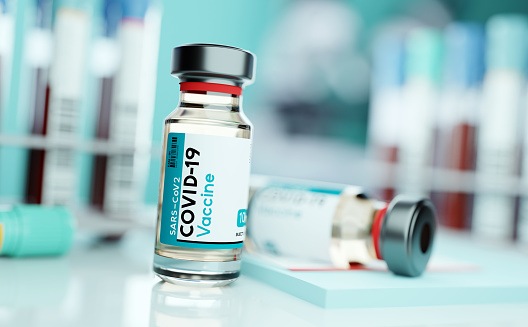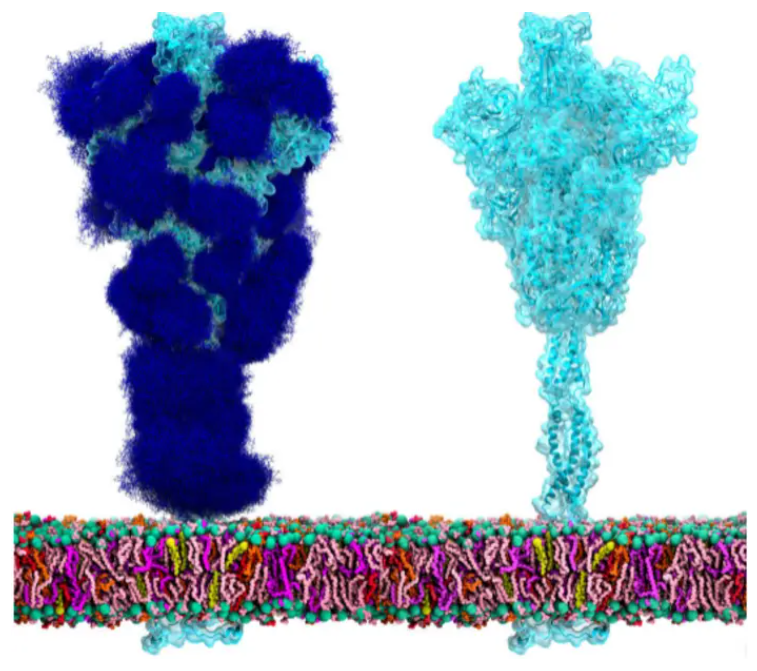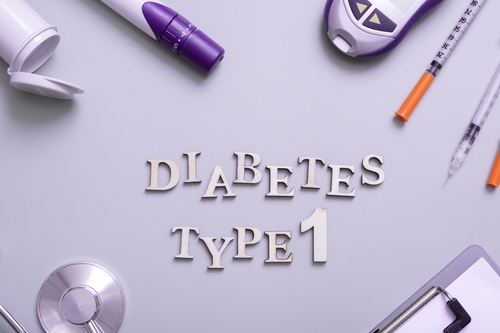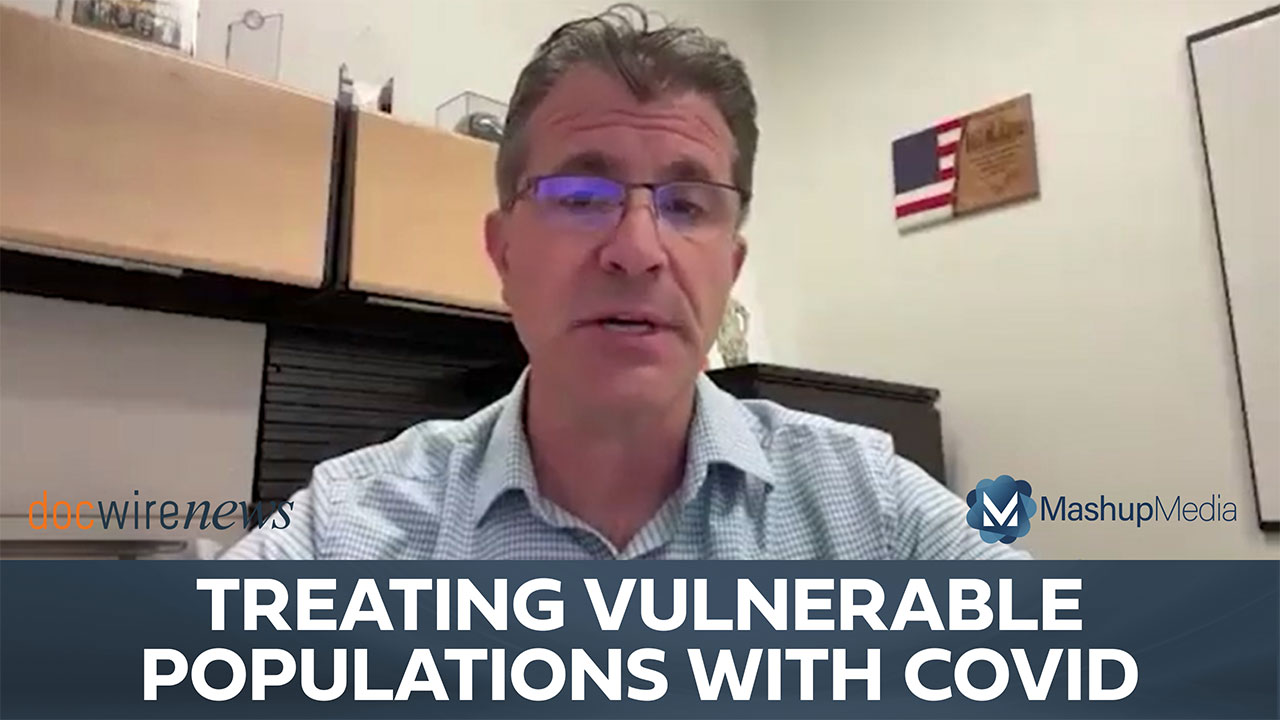
More than 95% of People in These Nations Have Yet to be Vaccinated
At least 15 countries around the world have yet to administer at least one vaccine dose to more than 3% of their population. Among them are Nigeria, Africa’s most populous nation with more than 200 million people, and Ethiopia with around 115 million people, as well as Haiti, only about 700 miles from the US state of Florida.
FDA Approves Pfizer Booster Shots for Seniors, High-Risk Americans
The U.S. Food and Drug Administration on Wednesday approved Pfizer booster shots for people over 65 and for those at high risk of severe COVID-19. “Today’s action demonstrates that science and the currently available data continue to guide the FDA’s decision-making for COVID-19 vaccines during this pandemic,” Acting FDA Commissioner Dr. Janet Woodcock said in an agency news release.
CDC Recommends COVID Boosters for Some Americans
After much debate, booster shots of the Pfizer/BioNTech COVID-10 vaccine can now be administered to some US adults, per a CNN report. CDC Director Dr. Rochelle Walensky recommended boosters for a broader group of people – those ages t 64 who are at increased risk of COVID-19 due to their workplaces or institutional settings – in addition to older adults, long-term care facility residents and some people with underlying health conditions.
Antibodies to Early Strains of COVID May Not Fight New Variants: Study
Antibodies from current COVID-19 vaccines don’t bind well to the new variants of the virus, a study finds. Researchers collected data from previously published papers about the sequence of antibodies produced by the vaccines. They focused on antibodies against the spike protein, a part of the virus that binds to receptors on human cells to infect them. It’s the target of most vaccines. “Even though this antibody response is very common with the original strain, it doesn’t really interact with variants,” Wu said. “That, of course, raises the concern of the virus evolving to escape the body’s main antibody response. Some antibodies should still be effective — the body makes antibodies to many parts of the virus, not only the spike protein — but the particular groups of antibodies that we saw in this study will not be as effective.”







 © 2025 Mashup Media, LLC, a Formedics Property. All Rights Reserved.
© 2025 Mashup Media, LLC, a Formedics Property. All Rights Reserved.